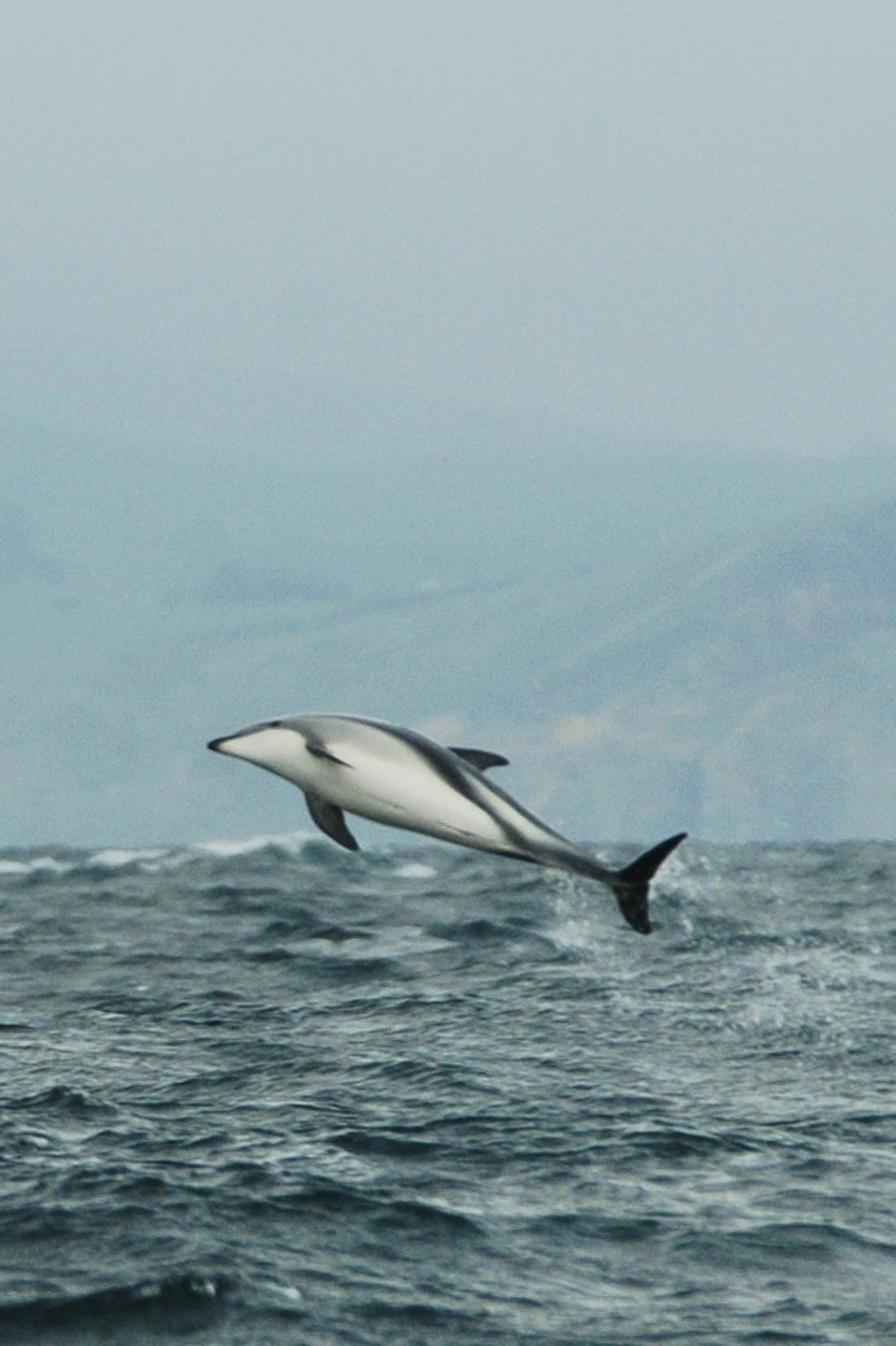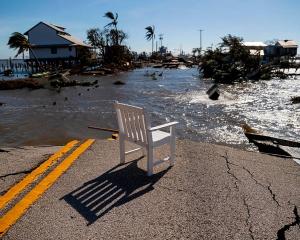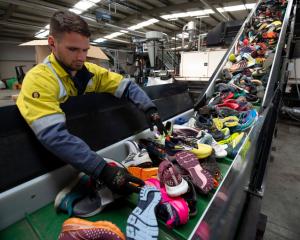

Nature-positive business strategies are an approach adopted by businesses to not only minimise their negative impact on the environment but also actively contribute to its restoration and preservation. The aim is to achieve a net positive outcome for biodiversity, ecosystems, and the planet as a whole.
The World Wildlife Fund (WWF) defines nature positive as "halting and reversing nature loss, measured from 2020 levels, by increasing the health, abundance, diversity, and resilience of species, populations and ecosystems so that by 2030 nature is visibly and measurably on the path of recovery" (www.worldwildlife.org/pages/nature-positive-business).
In keeping with the Canterbury theme, a good example of this is Port Lyttelton. On its website it describes developing a biodiversity positive strategy. It started by understanding the impact of the port’s activities on nature, both negative and positive impacts. Some of the positive impacts include planting and restoration activities. Port Lyttelton is drawing on traditional Māori knowledge (mātauranga Māori) of the area as part of understanding how to undertake positive change.

There are three commonly suggested solutions. First, developing regenerative practices that focus on regenerating ecosystems and biodiversity. This would go beyond maintaining to creating a positive impact on nature. Second, it is advised to work with stakeholders and Treaty partners for successful implementation of nature-positive strategies. This is because working with partners can help amplify the benefits and outcomes of nature-positive strategies. And, finally, with the release of the Task Force on Nature-Related Financial Disclosures’ recommendations, there are now guidelines for disclosing on nature-related risks, plans and strategies to share and ways to show commitments and improvements to nature.
The state of biodiversity in Aotearoa is critical. Many species are in decline, largely due to decreasing natural habitats, predators and our history of past impacts. While rates of deforestation are slowing, the damage needs to be addressed urgently. Business and organisations across the motu have a role to play. We rely on nature, on the essential services ecosystems supply, it is time now to recognise and work to develop positive impacts to regenerate and restore.
Prof Sara Walton teaches and researches in the area of sustainability, climate change and business at Te Kura Pakihi Otago Business School Te Whare Wānanga Ōtakou.












